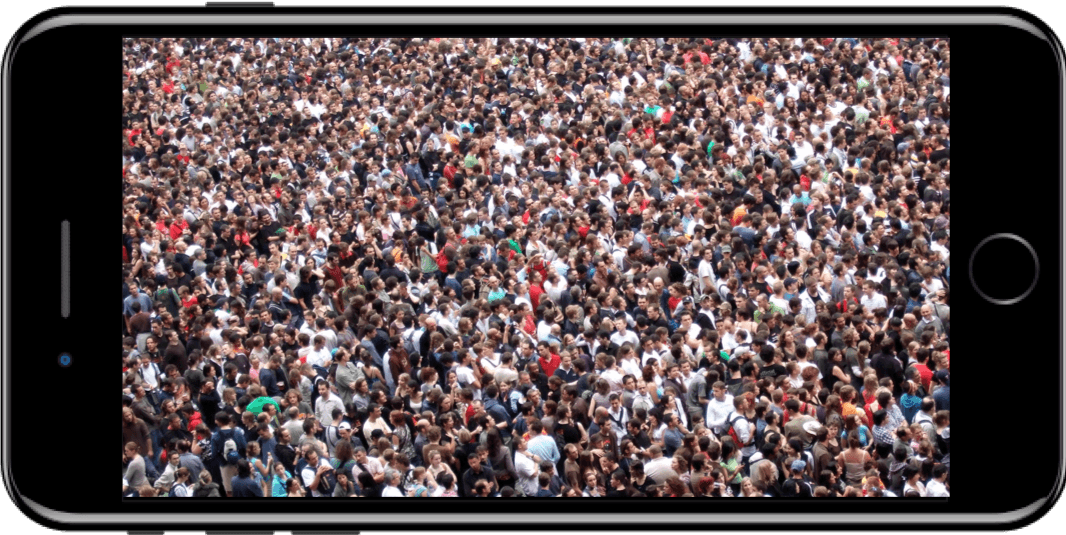During lockdown, I started exploring online communities in education in a bit more detail; how do they work? What is a successful community and can they really help in difficult times?
I looked at Lave and Wenger’s communities of practice and then I came across the charmingly named theory of Ba, meaning place in Japanese but in this case it refers to a virtual or even mental space. For Ba , knowledge is not context-free but is situational; stories and conversations that take place in a space, such as a community of practice, are at the heart of this. It allows participants to not only build on their own experience but also to see things from other perspectives, this in turn create new or a greater depth of understanding. Then on the Technology Enabled Academic Practice module on the MA in academic practice at City, I looked at Stephen Brookfield’s 4 Lens theory where he argues that a critically reflective teacher garners an increased awareness of their practice from as many perspectives as possible; including those of colleagues and students. Again, linking to that idea of multiple voices.
How did all this sit in practice? Back in March I, like many others in City, turned to the newly created Teams support site run by IT. There was a wide range of colleagues, including academics, from across the organization. When questions about how to set up team meetings for teaching, for example, were posted there were lots of suggestions and anecdotes from a variety of perspectives. It was evident how supportive everyone was; a respectful awareness that we were all juggling different challenges while still working. Indeed, over the past few months I have heard people comment that since being on a Teams community space like this, they had got to know a wider range of colleagues from across the University than they ever did when they were physically in the building.
Across the sector, many online community initiatives are emerging. One of these is a building community project called OneHE from Equity Unbound. The project team here argues that, in these days of COVID, online communities are vital for students and staff in H.E. Students, in particular, are feeling very isolated with all the implications to their mental health and studies. The team behind OneHE do acknowledge that building a community online is challenging but they have collated ideas about how to support the creation of communities of learning. At its core is what they call a ‘pedagogy of caring’; focusing on equitable approaches that see students as co-collaborators and creators. The site is ongoing and is open to comments from teaching practitioners from across the globe, about ideas that have worked and of course ones that haven’t.
Here at City, LEaD has run some practical sessions for Creating an online community focusing on some great, but probably underused, tools in Moodle. We also have some communities of practice that have been set up in Teams: including the Teams support community site which is supported by the IT Team for technical queries and chats around Teams, office 365 tools, and more. Then there is the Learning and teaching community Teams that is a complementary space to LEaD’s Teaching online toolkit. Individual schools and departments have also set up their own online spaces for staff that are worth joining.
So to conclude the word is that online community spaces, if done well, can be a positive thing. Not only could they support professional practice and study in rich and complex ways they can also offer something towards maintaining our mental health in in these challenging times.
Lave and E. Wenger, Communities of practice—Learning, meaning, and identity (1998)
Nonaka et al SECI, Ba and Leadership: a Unified Model of Dynamic Knowledge Creation. (2000)
Brookfield, S.D.Using the lenses of critically reflective teaching in the community college classroom. New Directions for Community Colleges. (2002)

